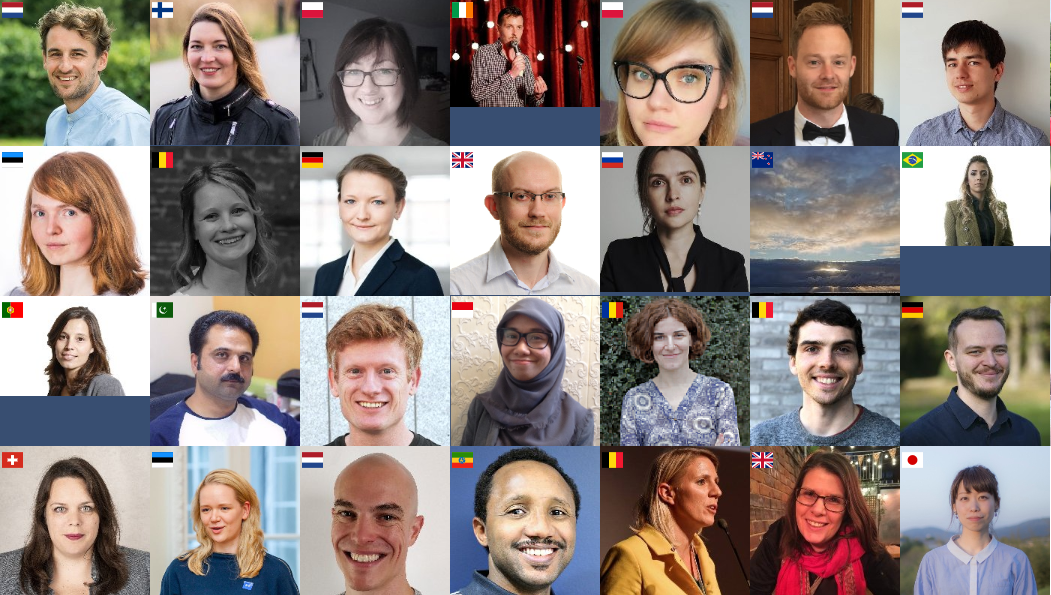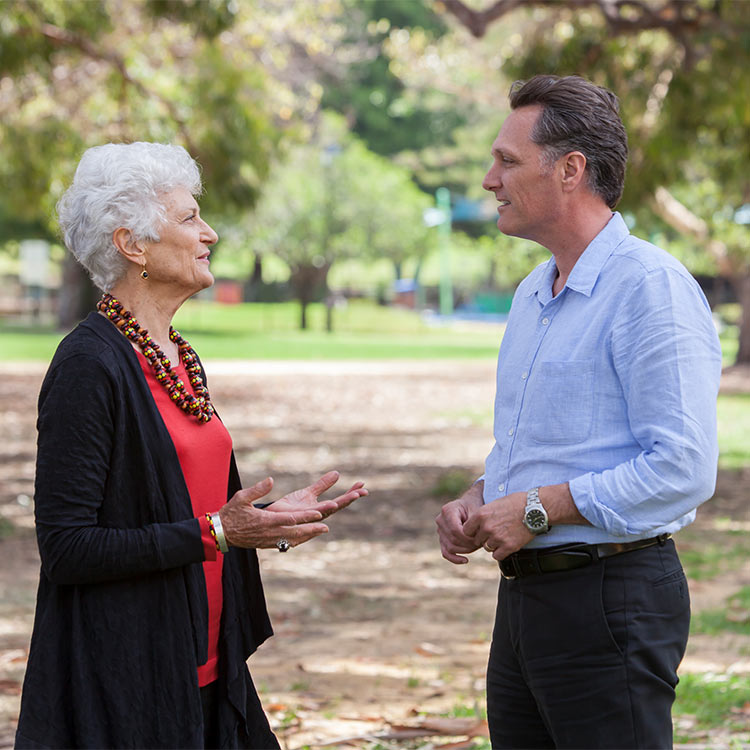Search

News & Events
International COVID-19 ‘risk’ tool launched to reduce community transmissionThe Kids Research Institute Australia researchers have collaborated with global experts to launch an online tool designed to assess the risk of contracting COVID-19 and provide advice to reduce transmission.

News & Events
DETECT Schools Program UnderwayThe DETECT Schools program is underway, with swabs taken at 13 of the participating schools across Western Australia. No asymptomatic COVID-19 has been detected to date.
Research
COVID-19 and changes in the National Immunisation Program: a unique opportunity to optimise the Australian Immunisation Register (AIR)Christopher Blyth MBBS (Hons) DCH FRACP FRCPA PhD Centre Head, Wesfarmers Centre of Vaccines and Infectious Diseases; Co-Head, Infectious Diseases

A number of organisations have created COVID-19 resources specifically developed for Aboriginal and Torres Strait Islander people.

A letter to the WA public from Jonathan Carapetis and Fiona Stanley.

The Kids Research Institute Australia position on schools and COVID-19 in Western Australia

Engaging the community in COVID-19 rapid research

The research that is reducing the impact on families done by The Kids Research Institute Australia.

Ask our experts a question about the COVID-19 pandemic.
Research
The Association Between Obesity and COVID-19 Severity in Children Differed Between SARS-CoV-2 Variants: A Multicountry Hospital-based Observational StudyObesity was a risk factor for severe COVID-19 in children during early outbreaks of ancestral SARS-CoV-2 and the Delta variant. However, the relationship between obesity and COVID-19 severity during the Omicron wave remains unclear.
